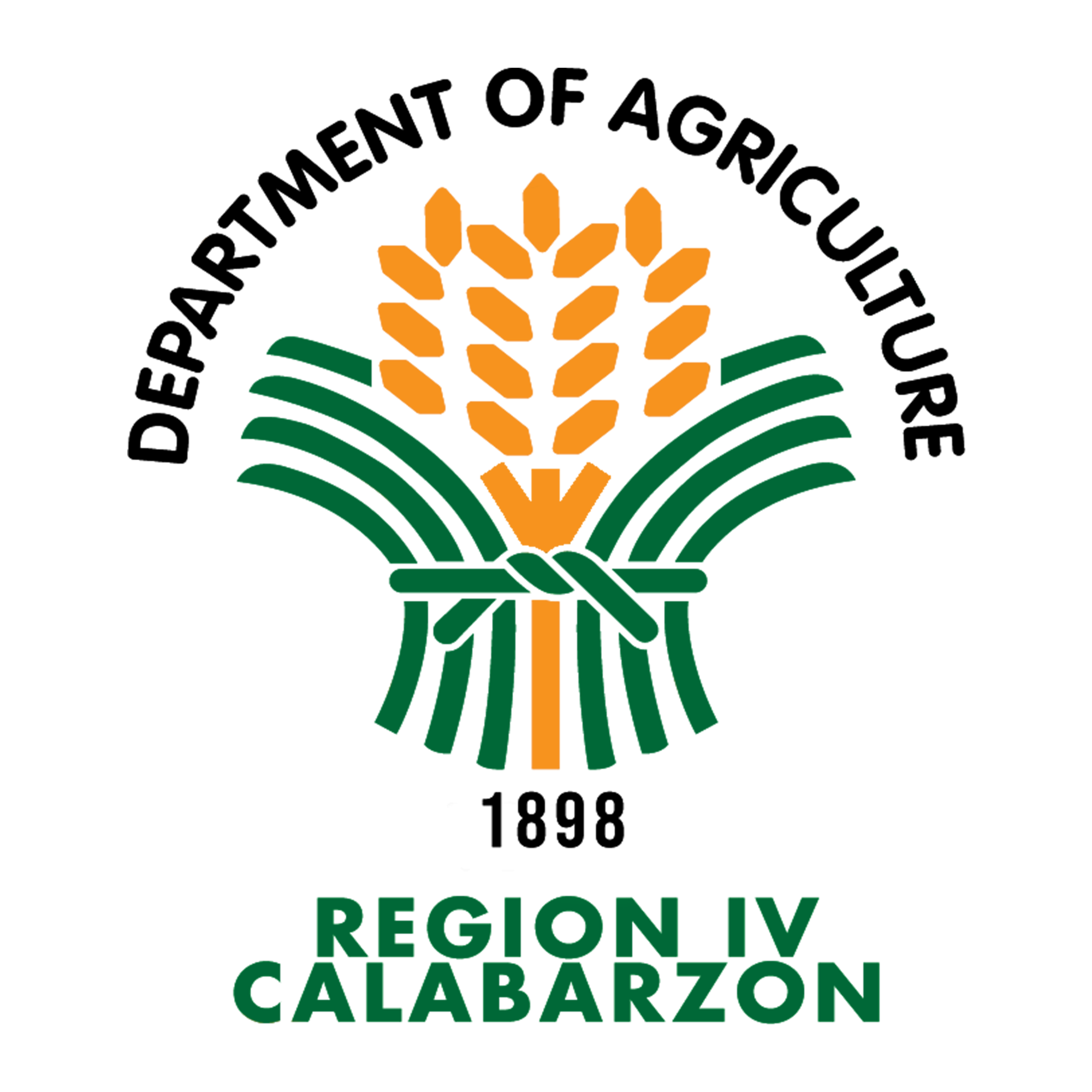With the aim of providing more proactive and productive farming for its farmers, the Department of Agriculture (DA) Region IV-CALABARZON conducted an orientation and consultative meeting cum workshop on Project SARAI: Smarter Approaches to Reinvigorate Agriculture as an Industry in the Philippines, held on March 6, 2020 in Quezon City.
The project primarily aims to reduce climate risks through near-real time monitoring of weather and agricultural information, and generation of crop advisories for agricultural stakeholders.
It is being conducted by the University of the Philippines Los Baños, Department of Science and Technology-Philippine Council for Agriculture, Aquatic and Natural Resources Research and Development, in partnership with government agencies, state universities, and colleges.
Regional Director Arnel V. de Mesa recognized the importance of the activity as a jump-start towards institutionalizing precision agriculture through SARAI technologies, more specifically on how it can help resolve the dilemma in dealing with underestimated figures on damage assessment and the challenge in monitoring of projects and interventions, especially in far flung areas.
“Let us take this opportunity and think on how this project can efficiently help us on our work – in collecting and processing information; more importantly, on how SARAI can help DA personnel do more than just reports but also analytics,” Director de Mesa said.
Rice, corn, banana, coconut, coffee, cacao, sugarcane, soybean, and tomato are the agricultural commodities monitored by the following SARAI technologies: SARAI-Enhanced Agricultural Monitoring System (SEAMS), Automated Weather Station, Drought and Crop Assessment Forecast, Integrated Pest and Disease Management System through SPIDTech, Water Balance-Assisted Irrigation Decision Support System, Soil Profiling and Characterization, and SARAI knowledge portal and mobile applications.
Facilitated by the Management Information System of the Planning, Monitoring, and Evaluation Division, workshop and presentation of outputs proceeded after the orientation and open forum. Each division/office was given the opportunity to present the challenges in processing and handling their respective data requirements, the potential solutions they look forward to in adopting SARAI technology, and action plan. ● (SDAL, DA-RAFIS)






 All content is in the public domain unless otherwise stated.
All content is in the public domain unless otherwise stated.